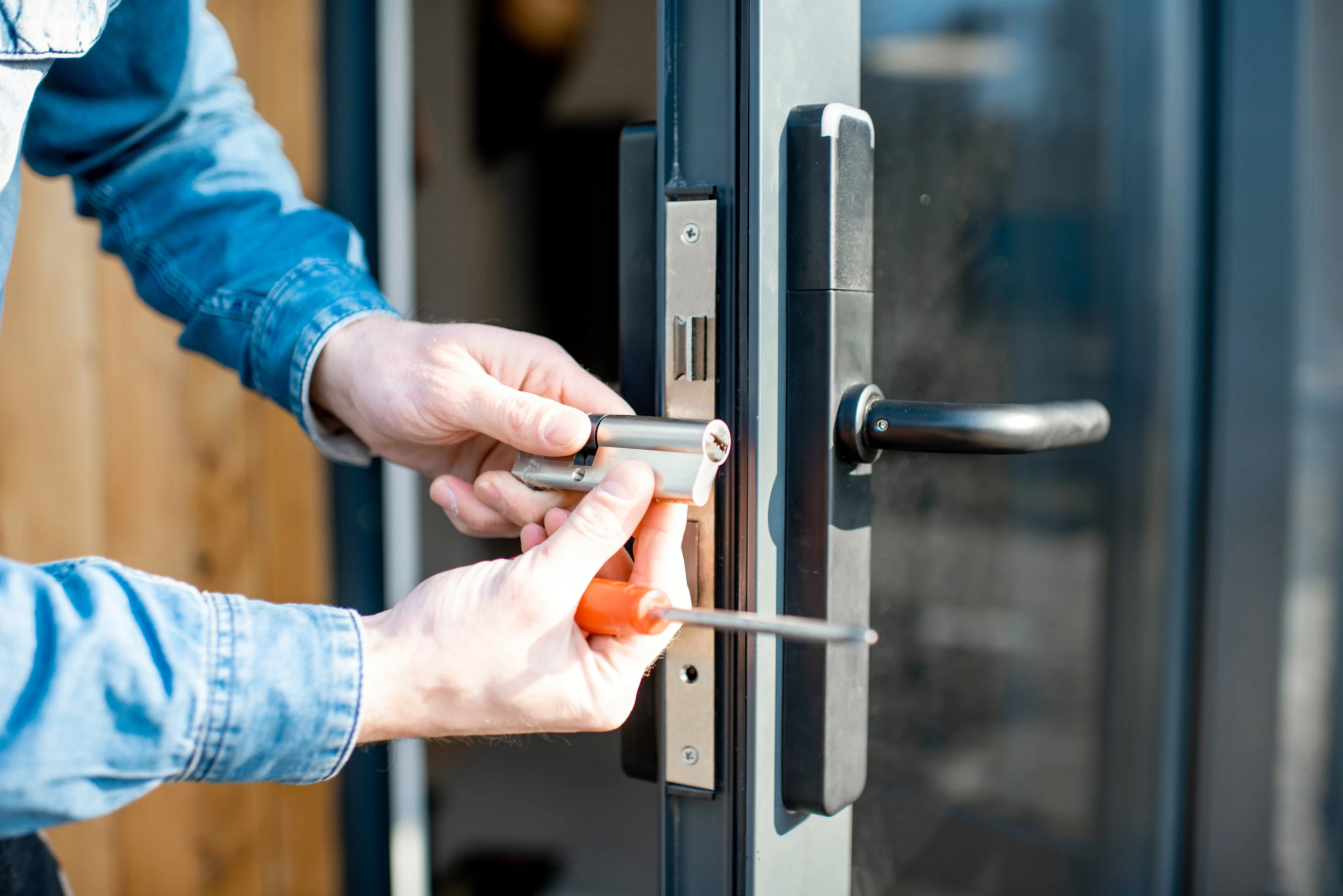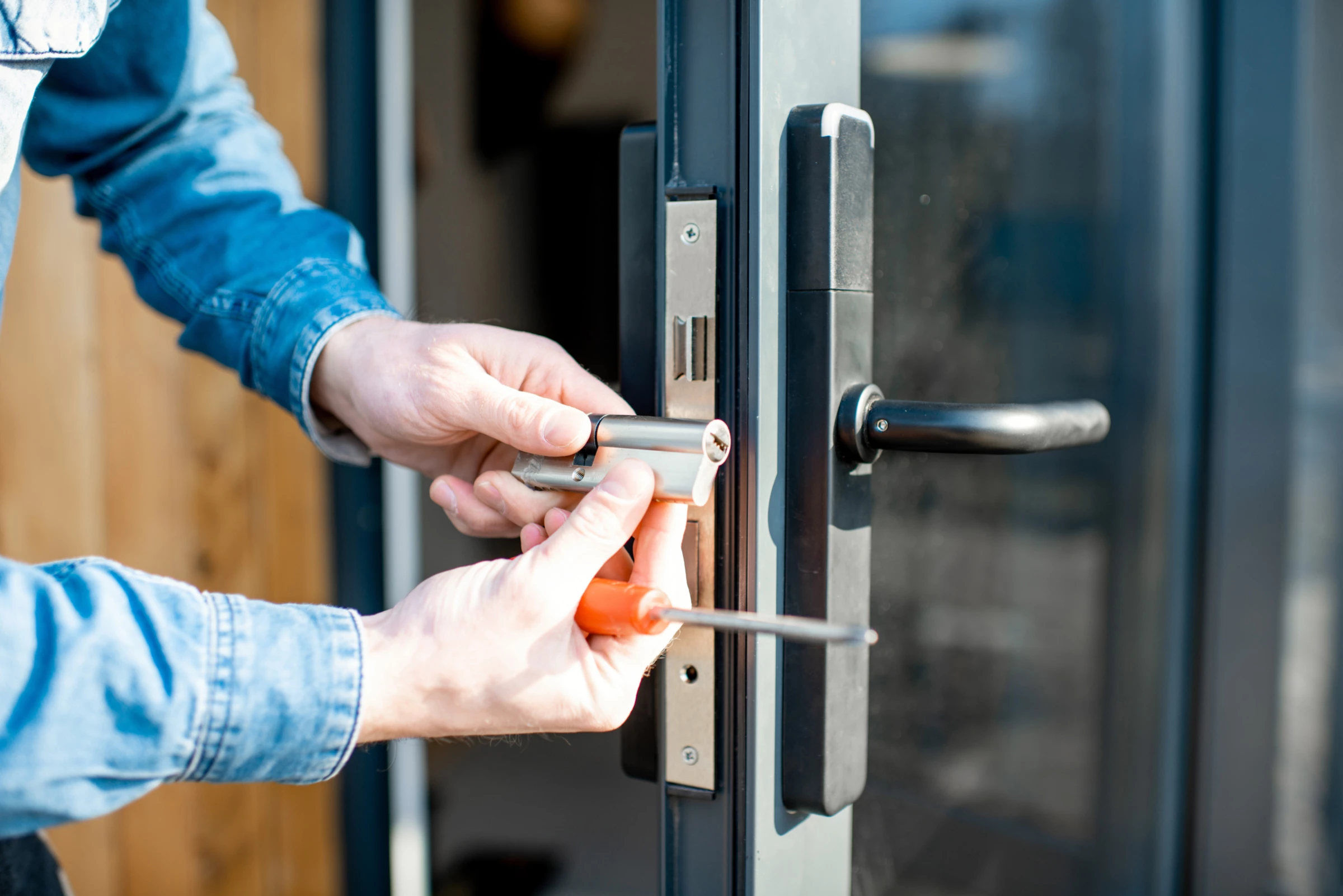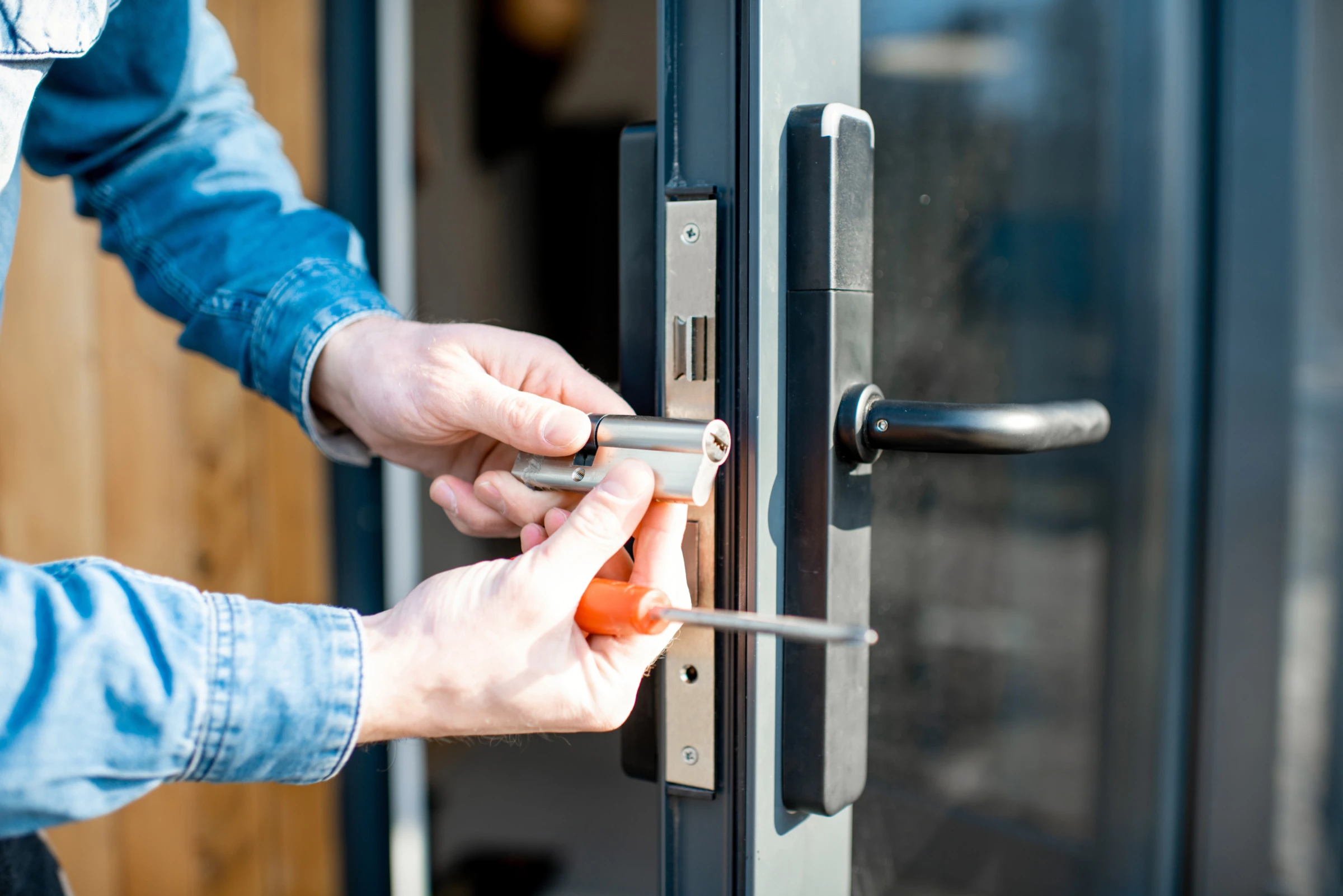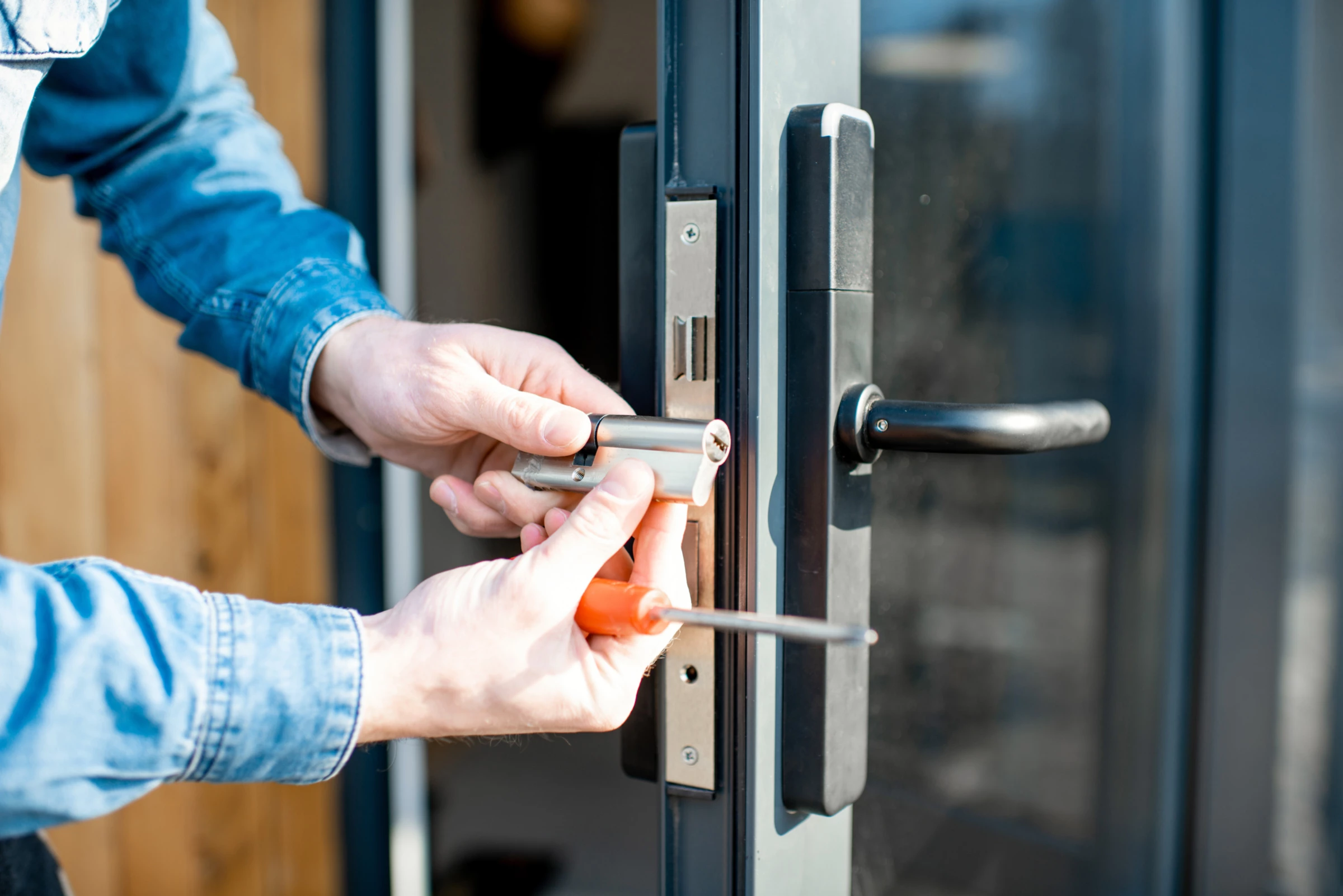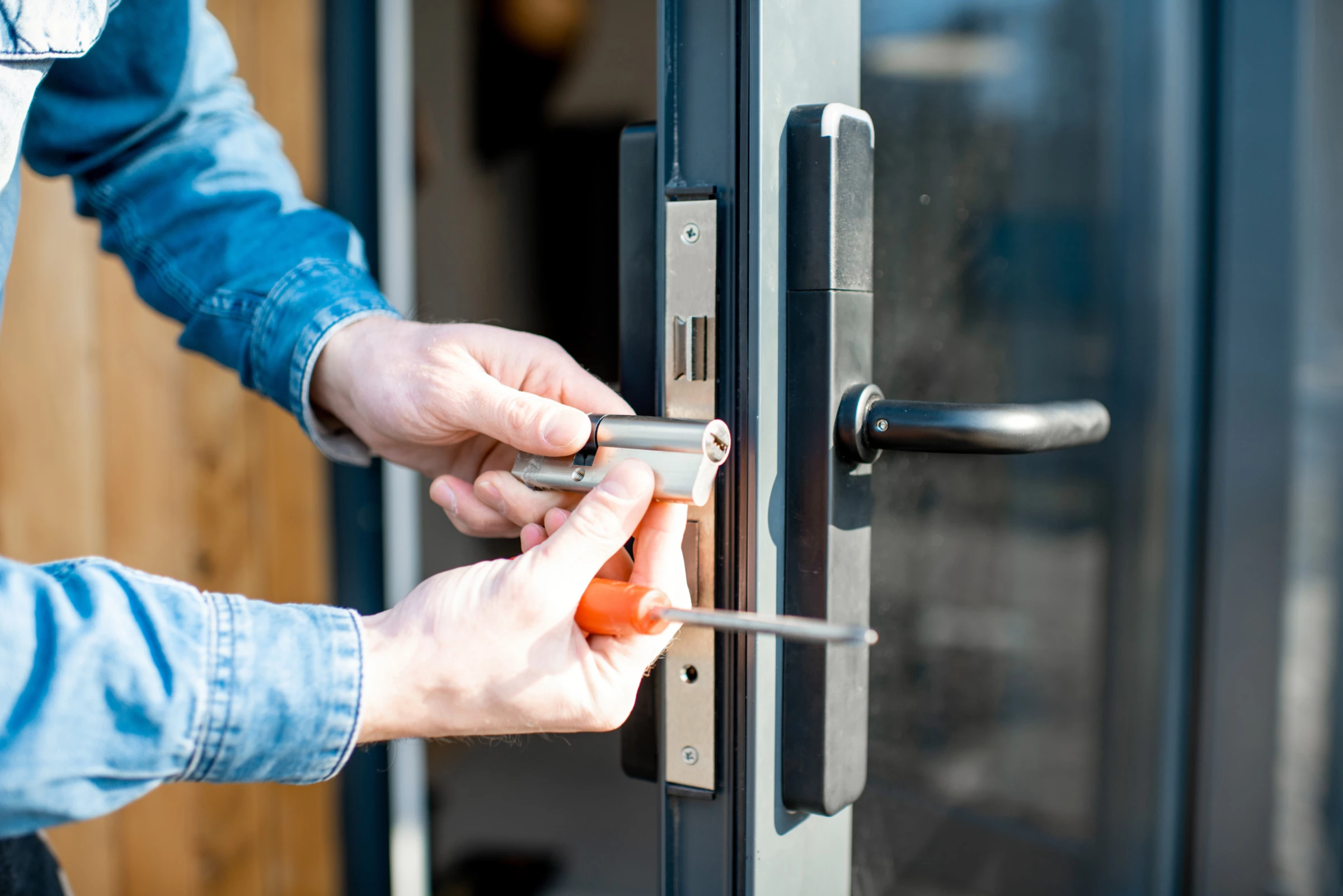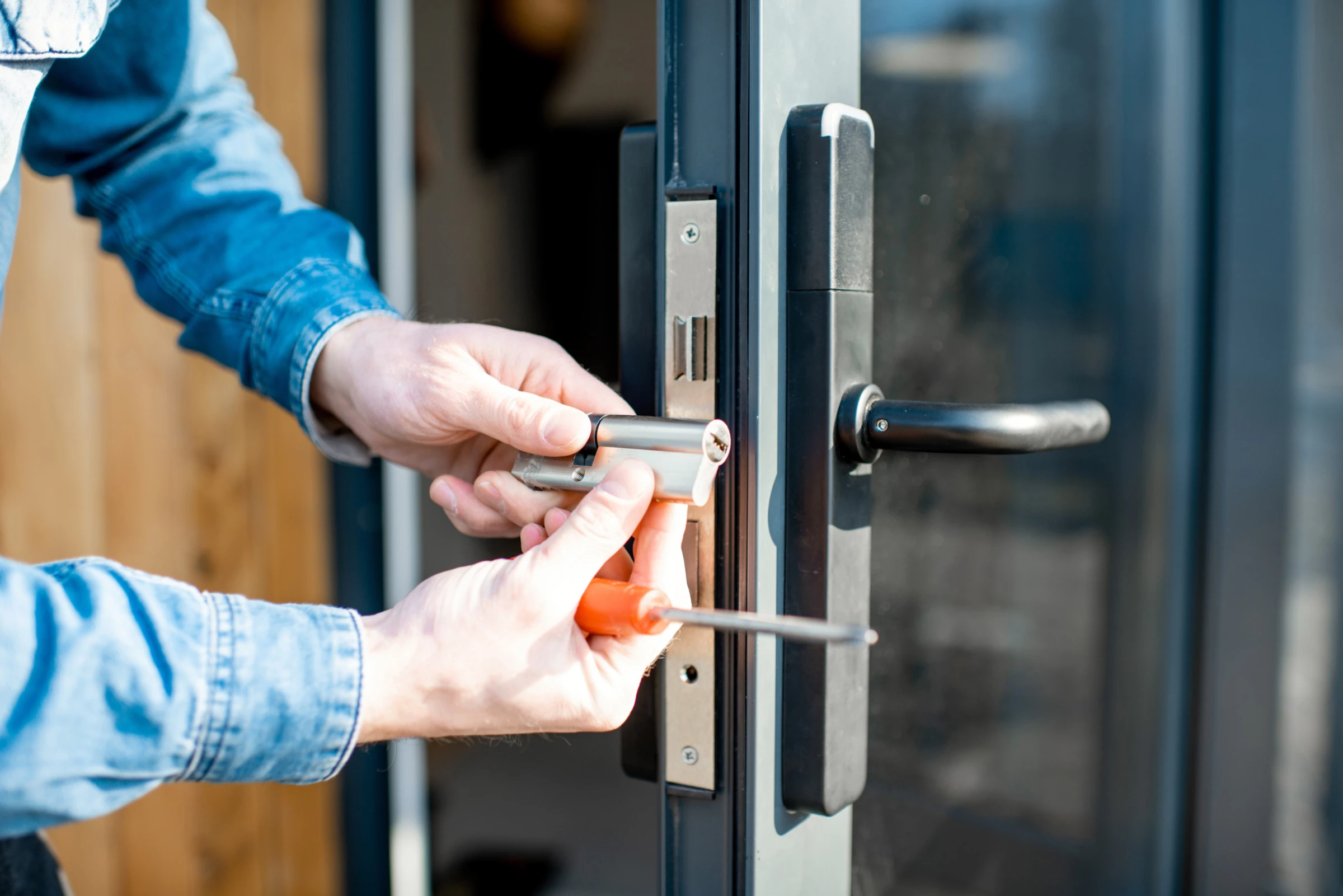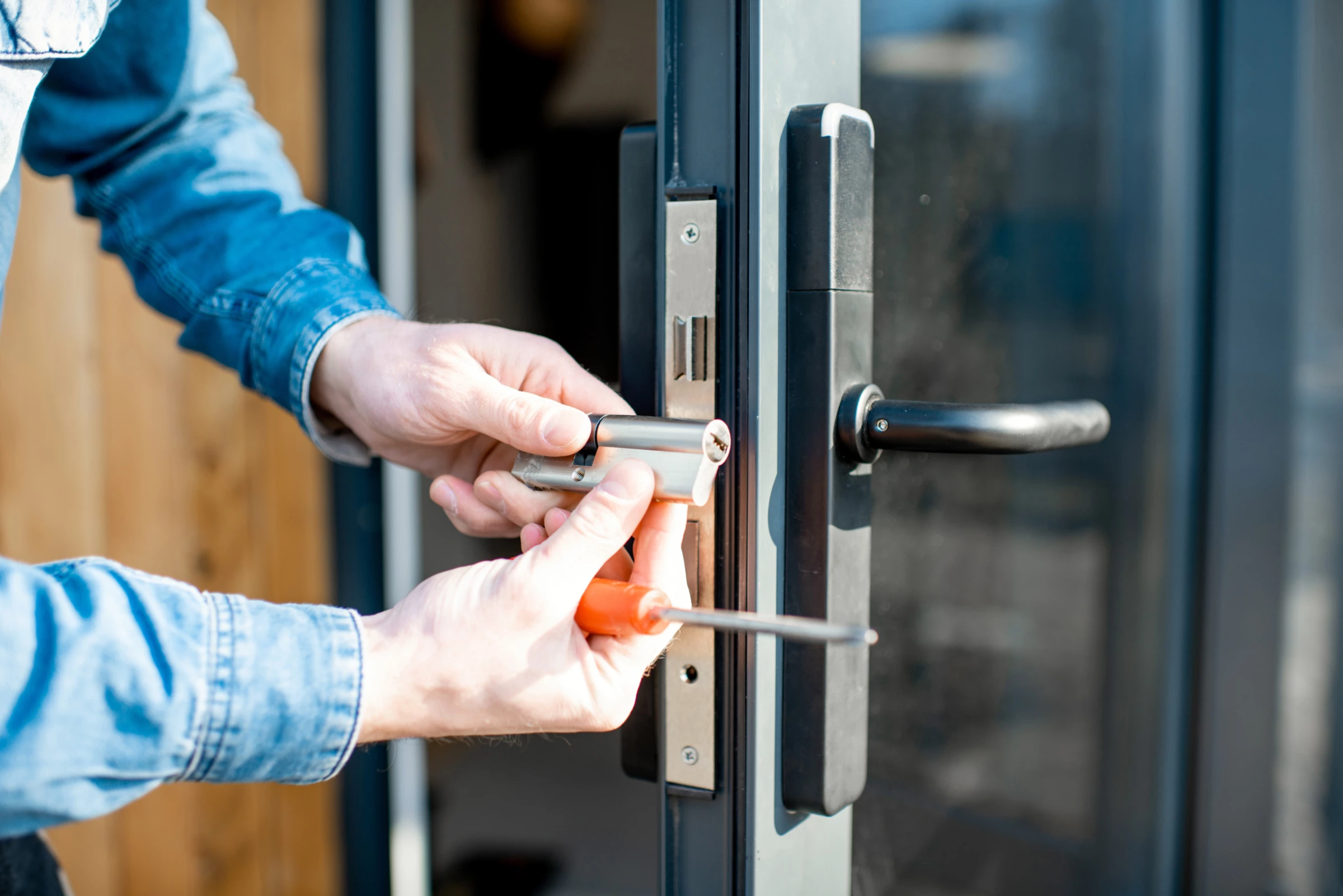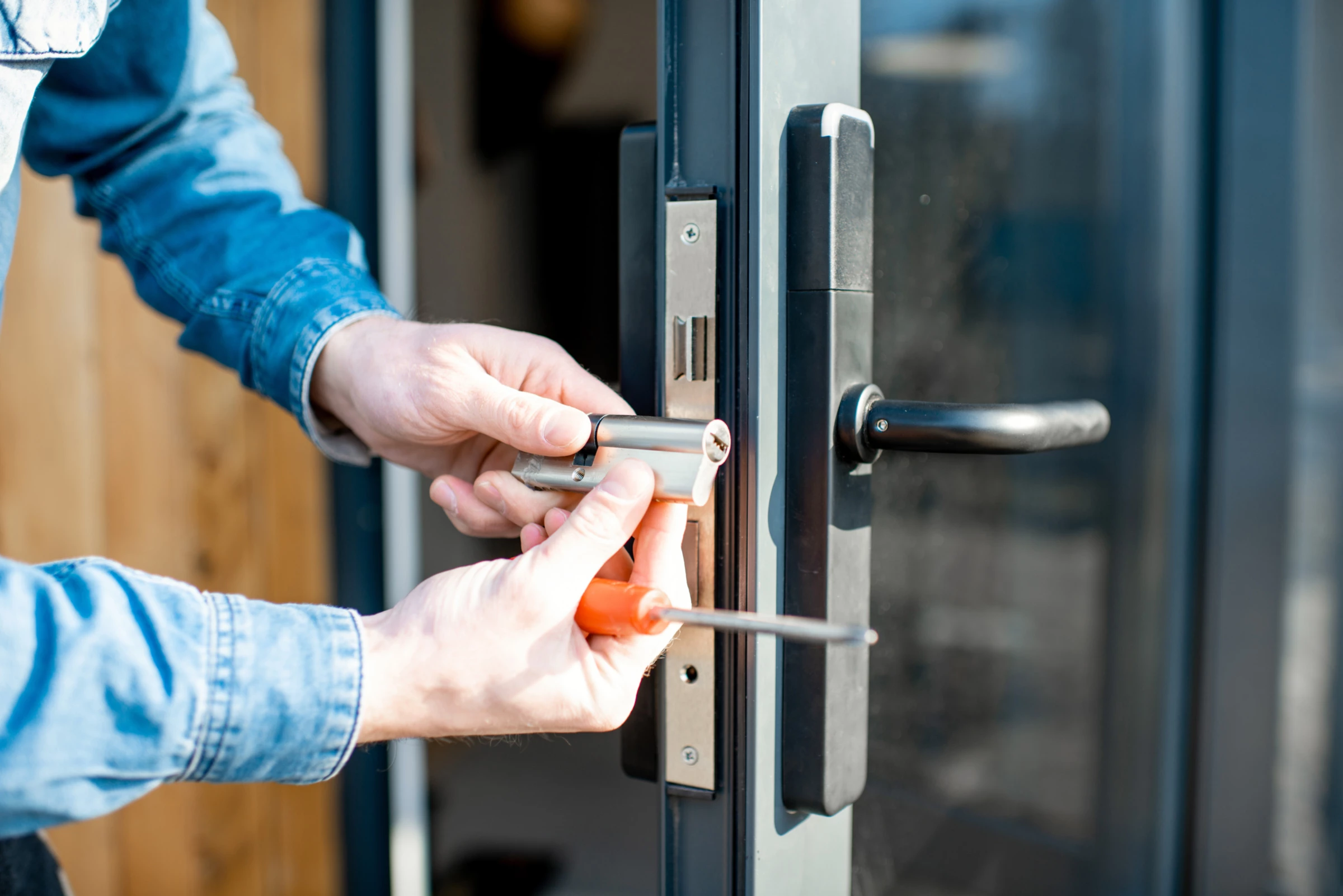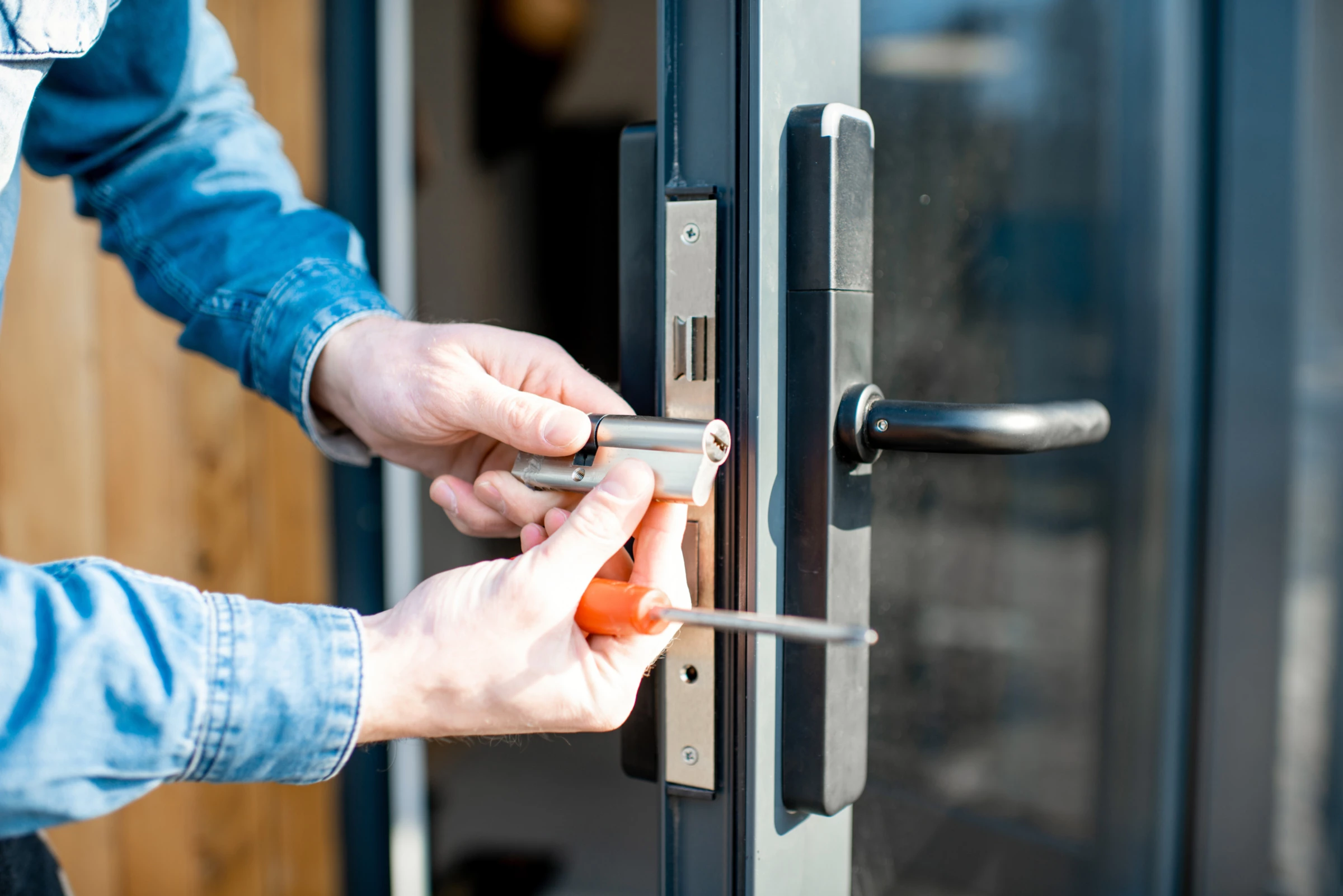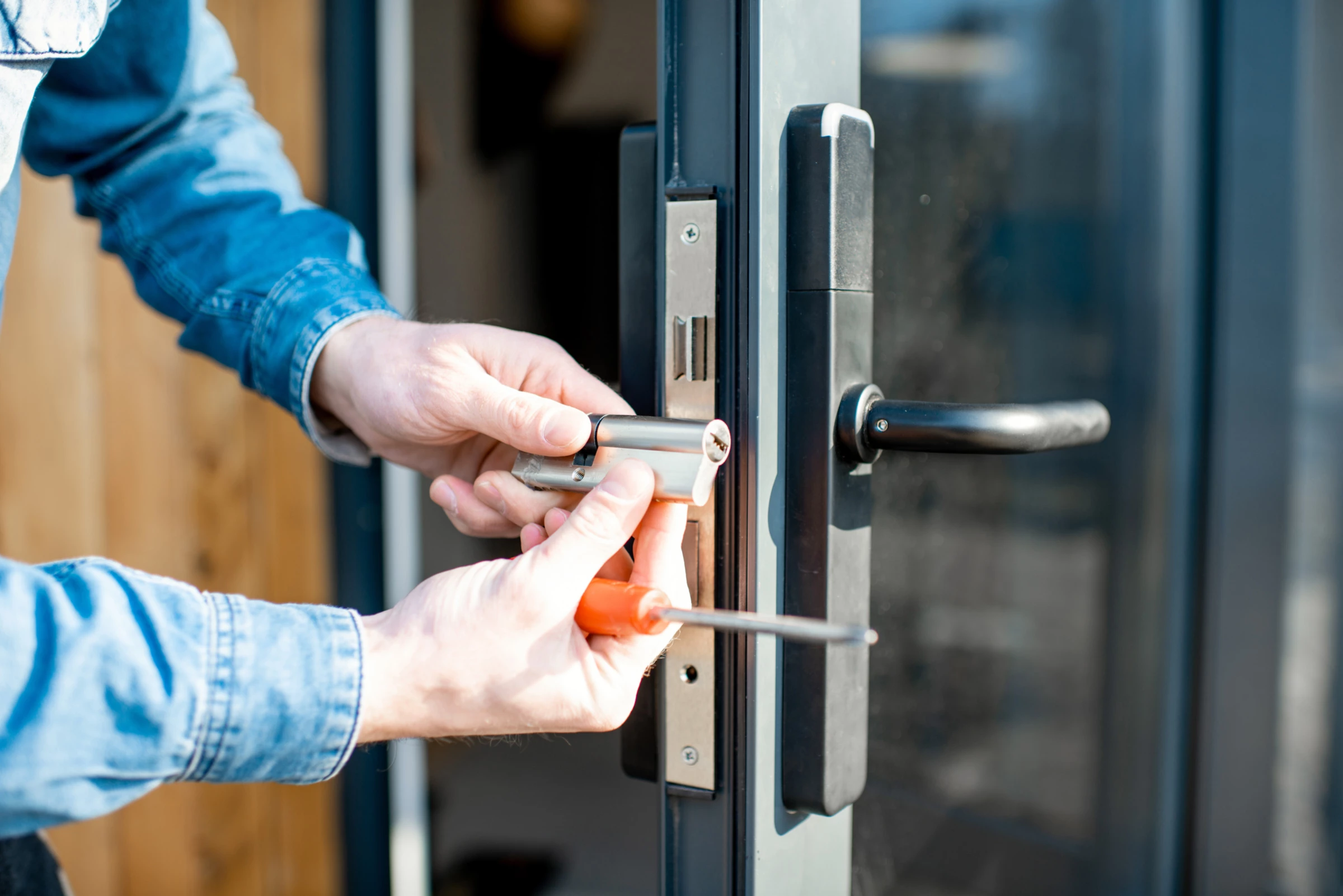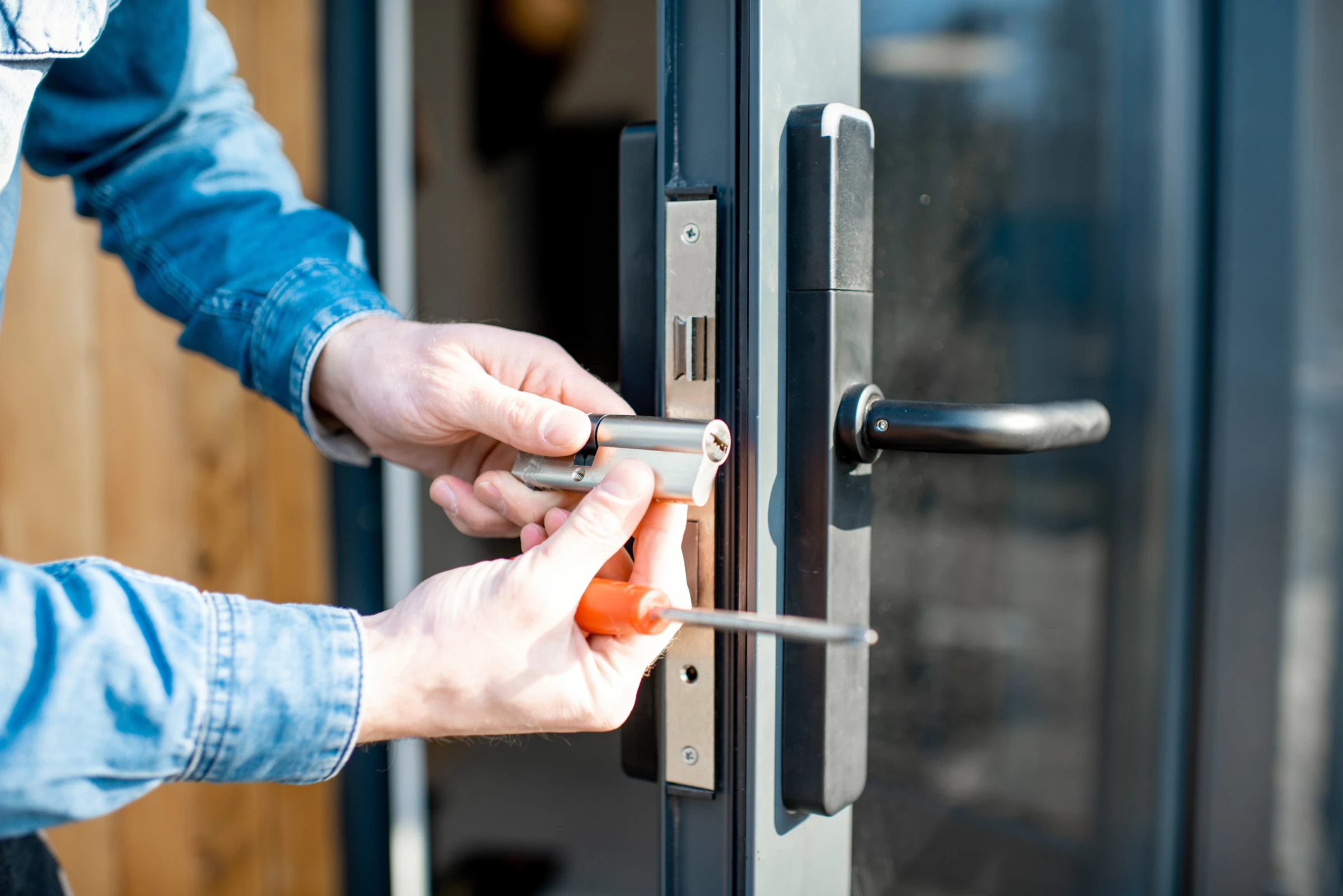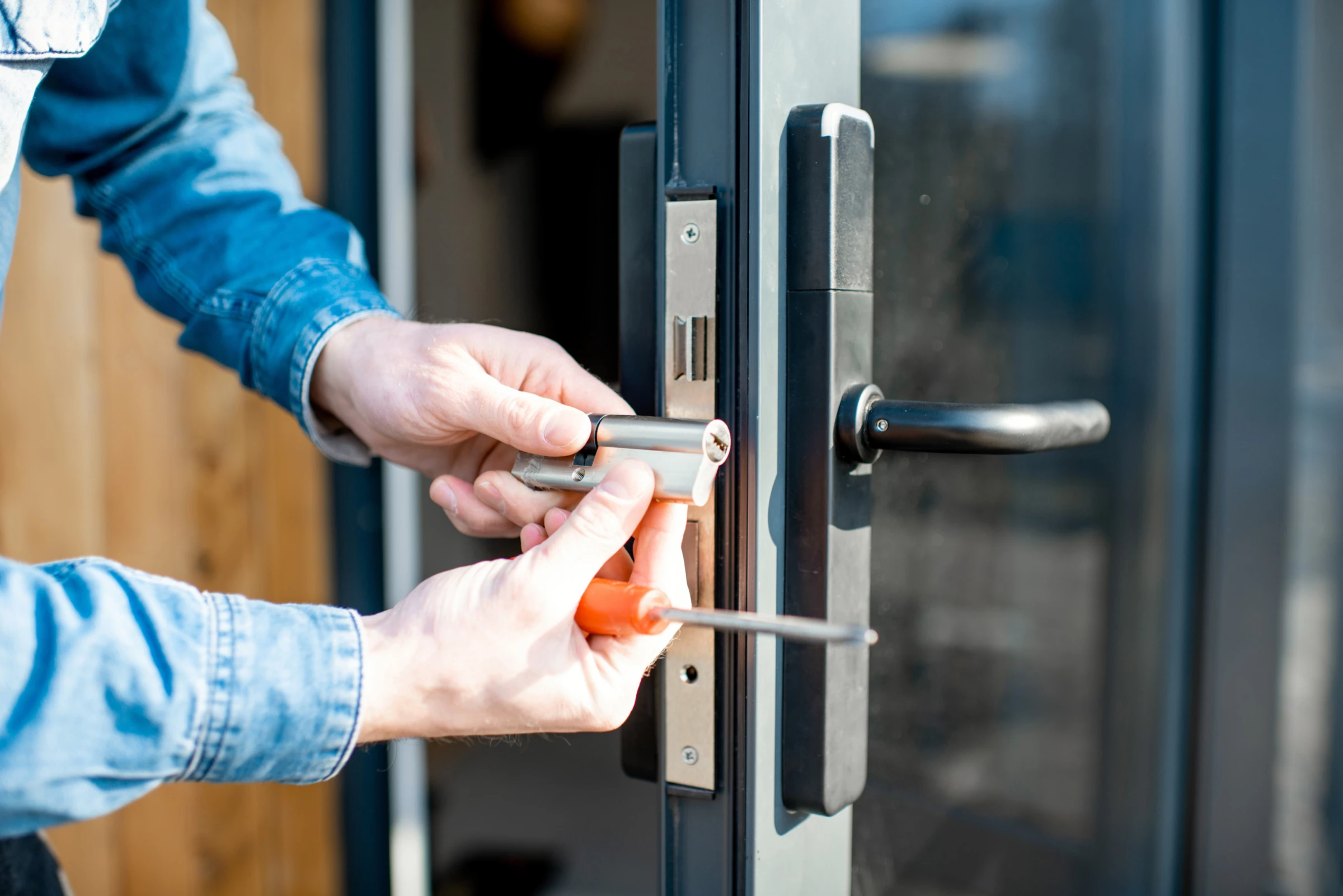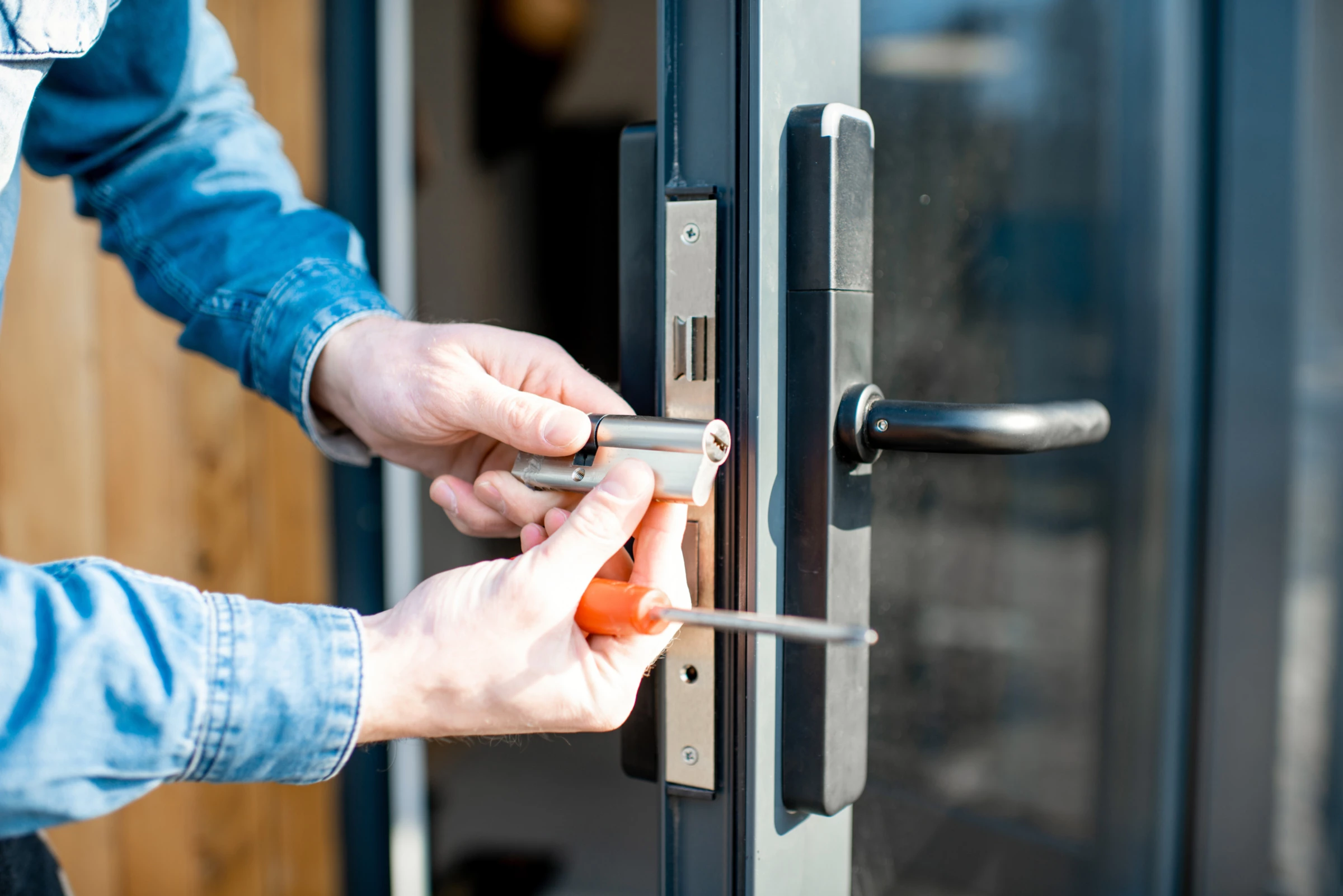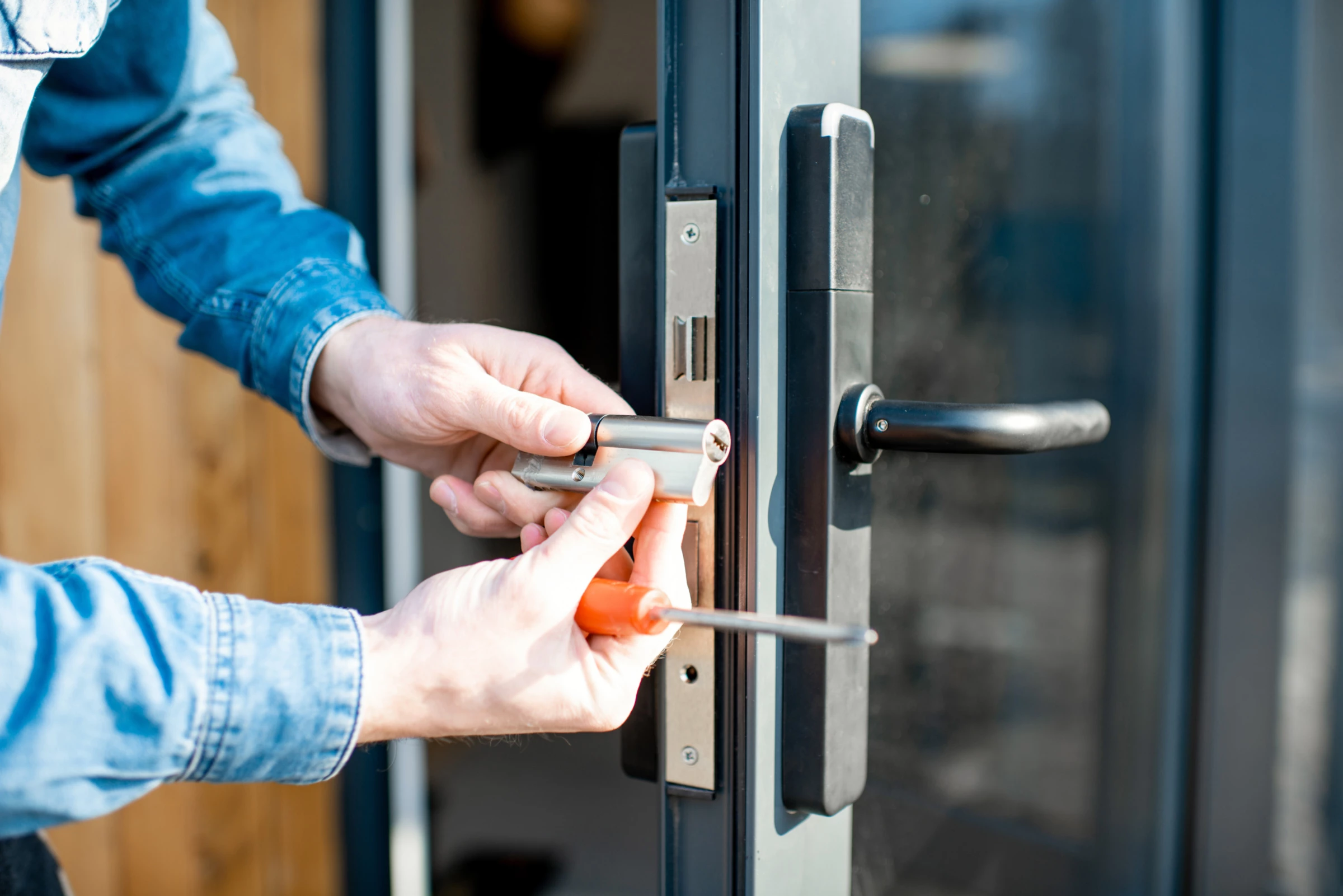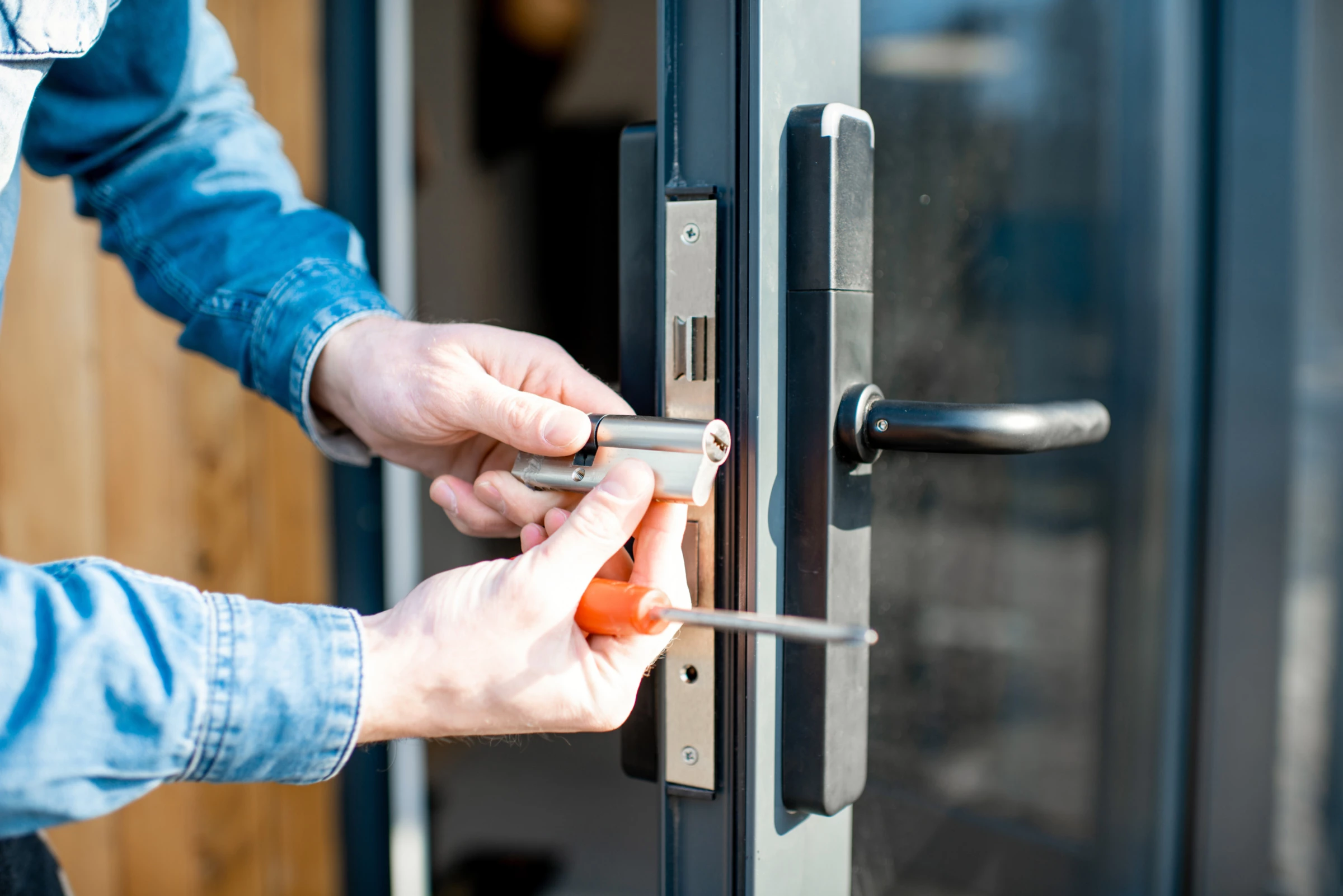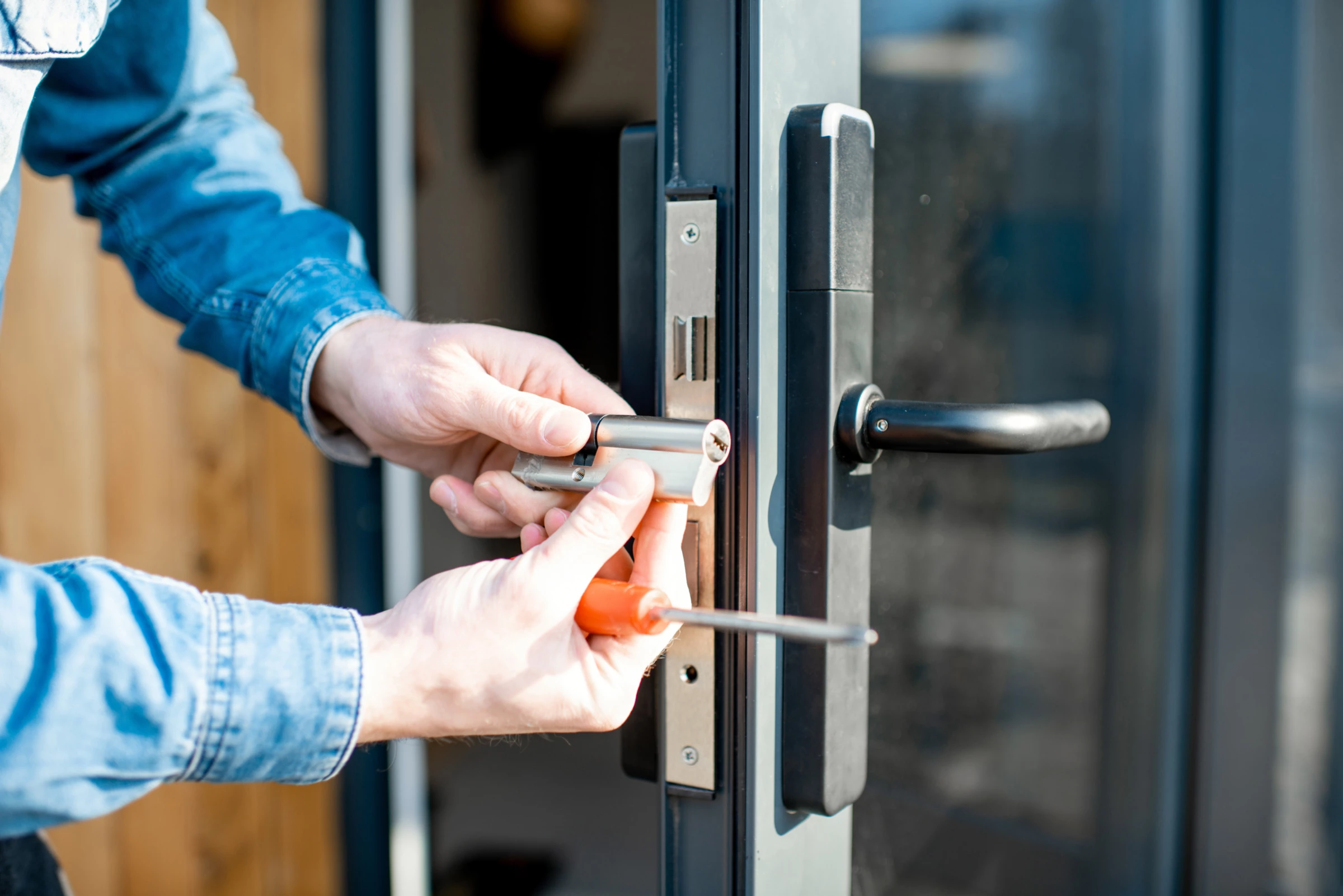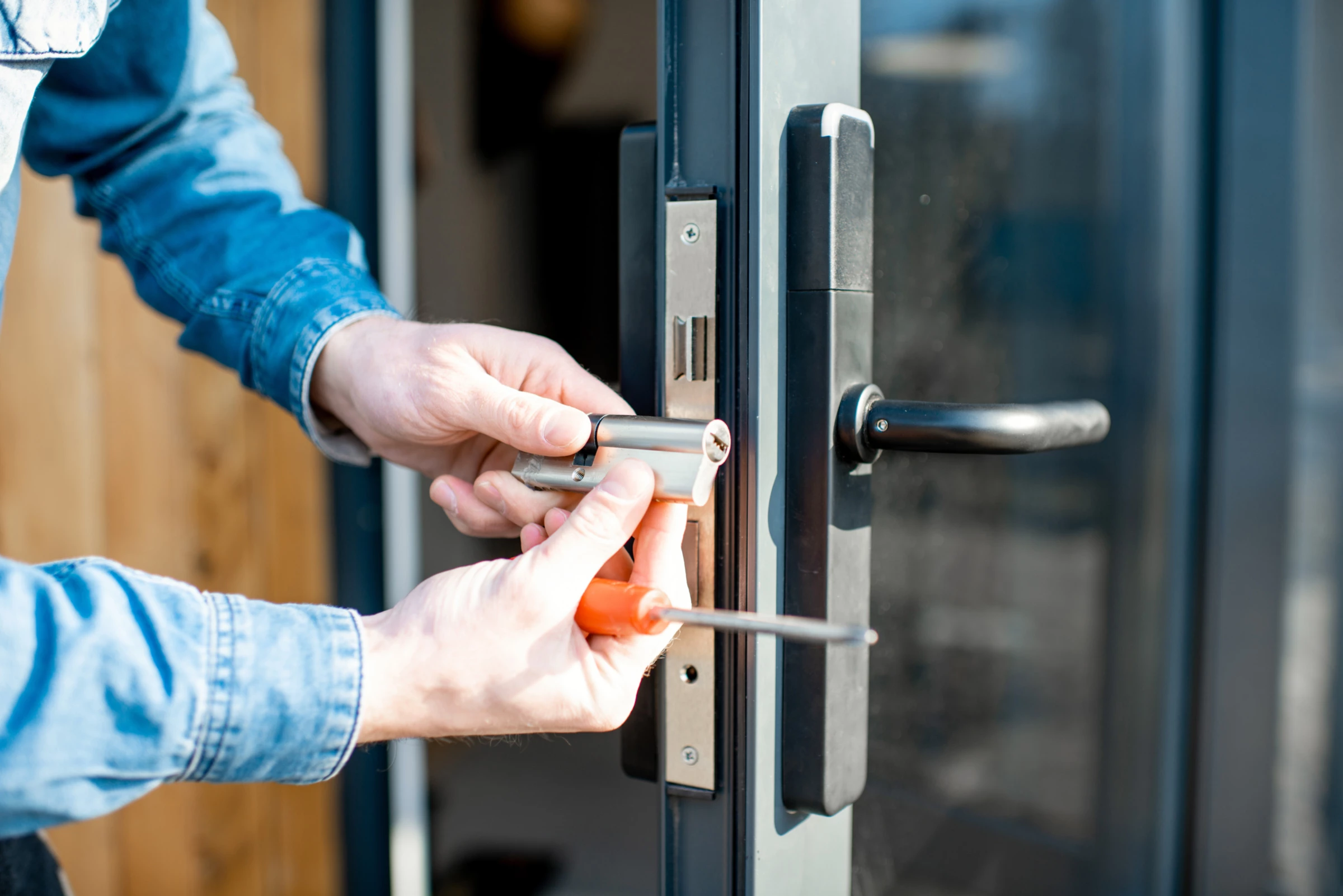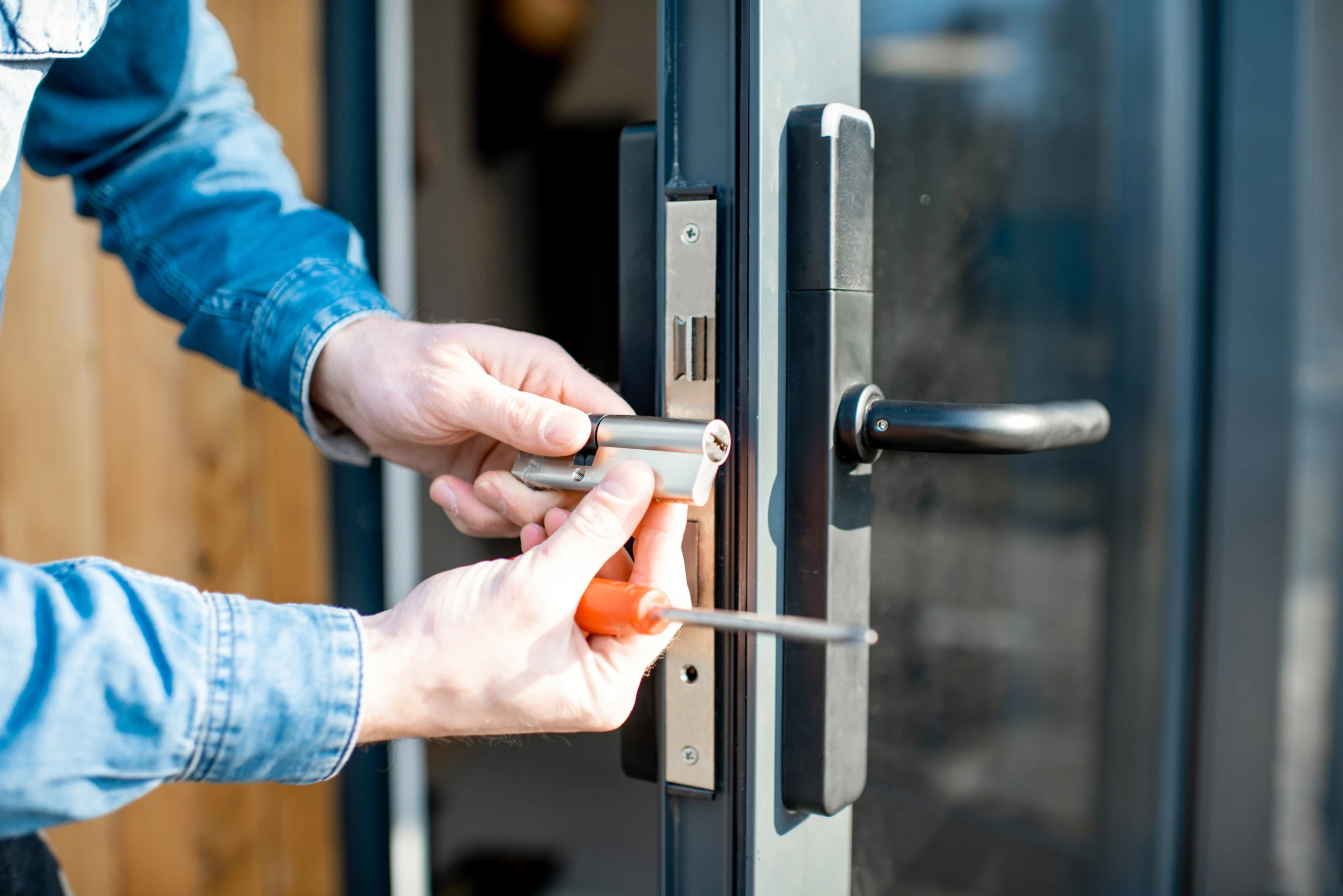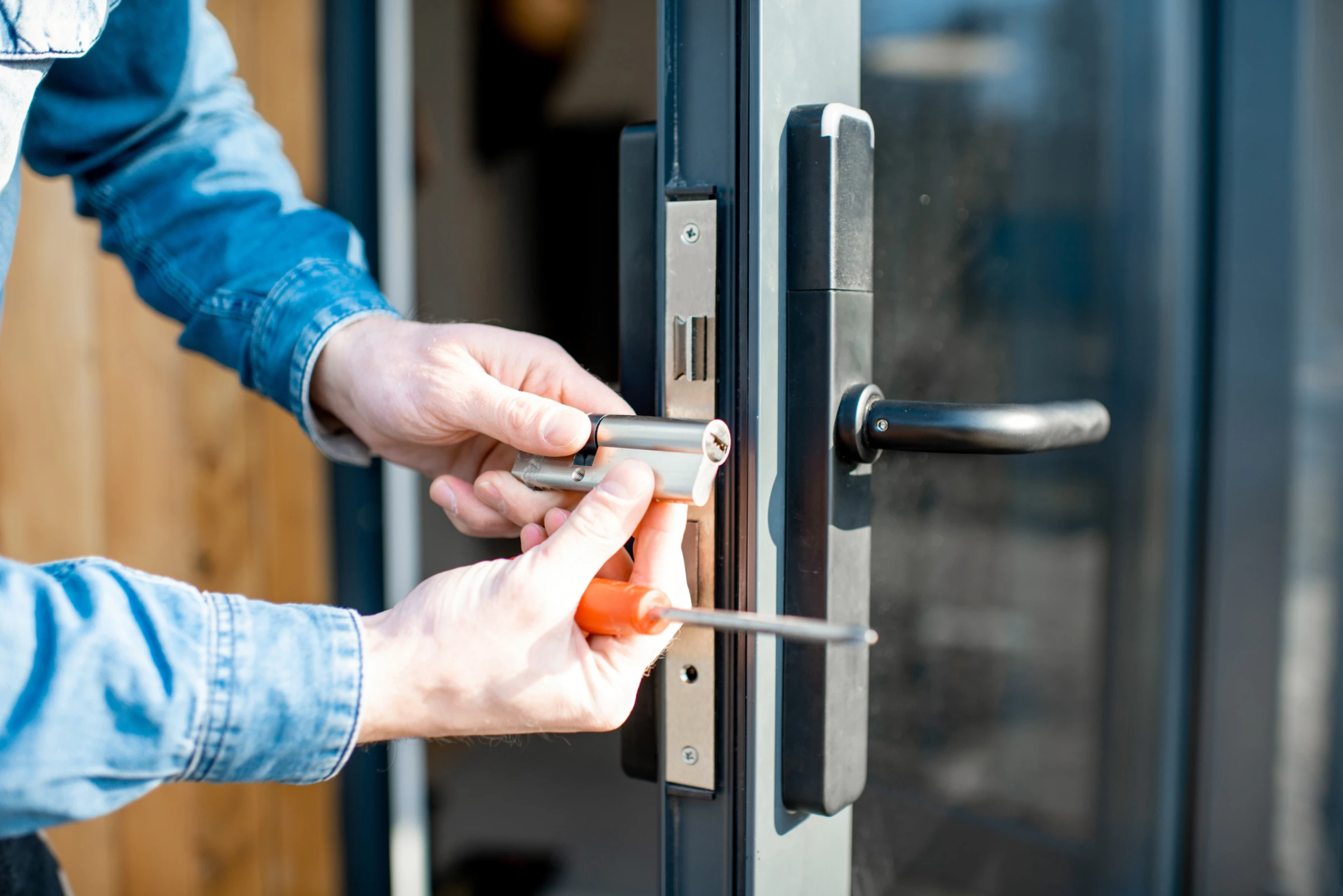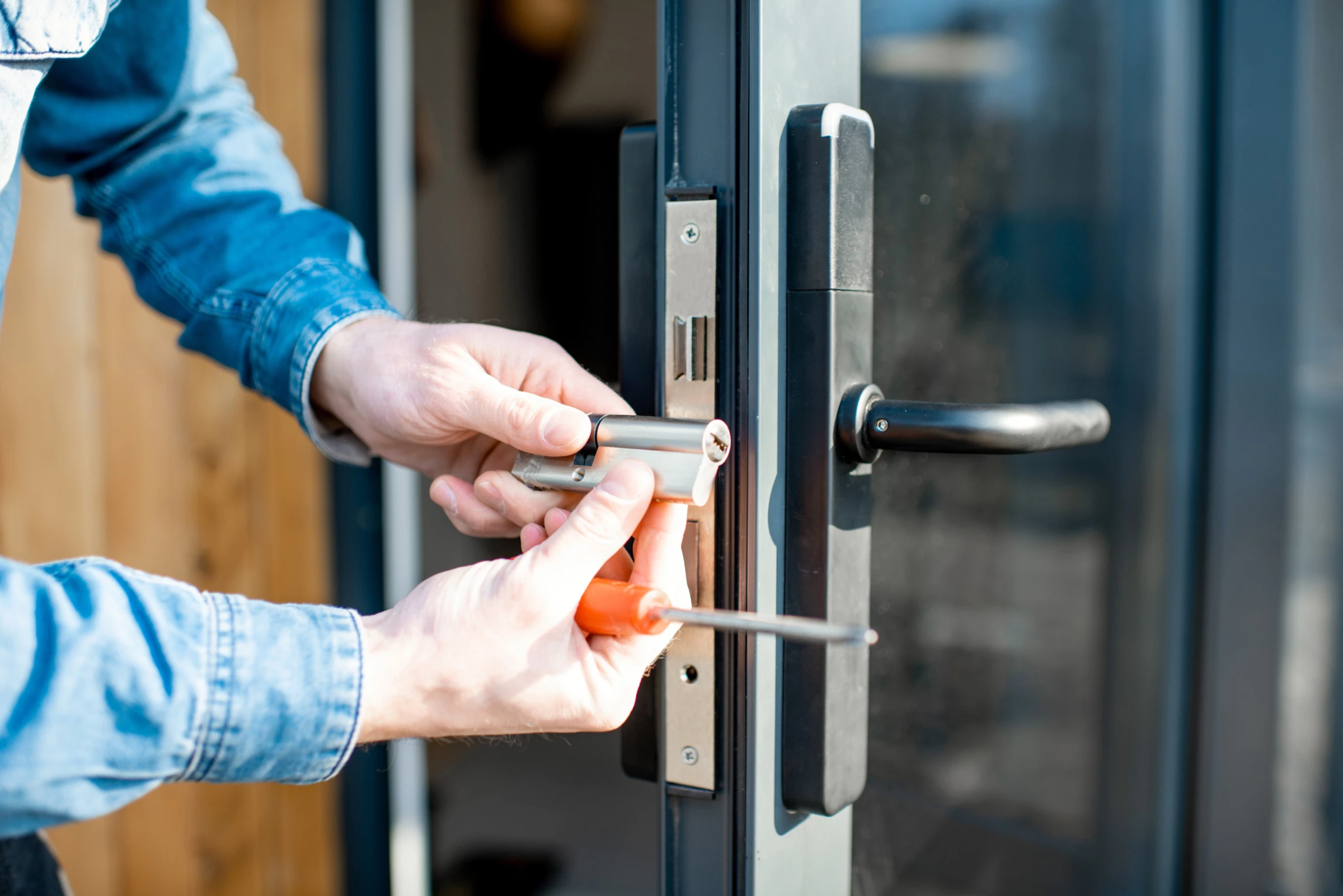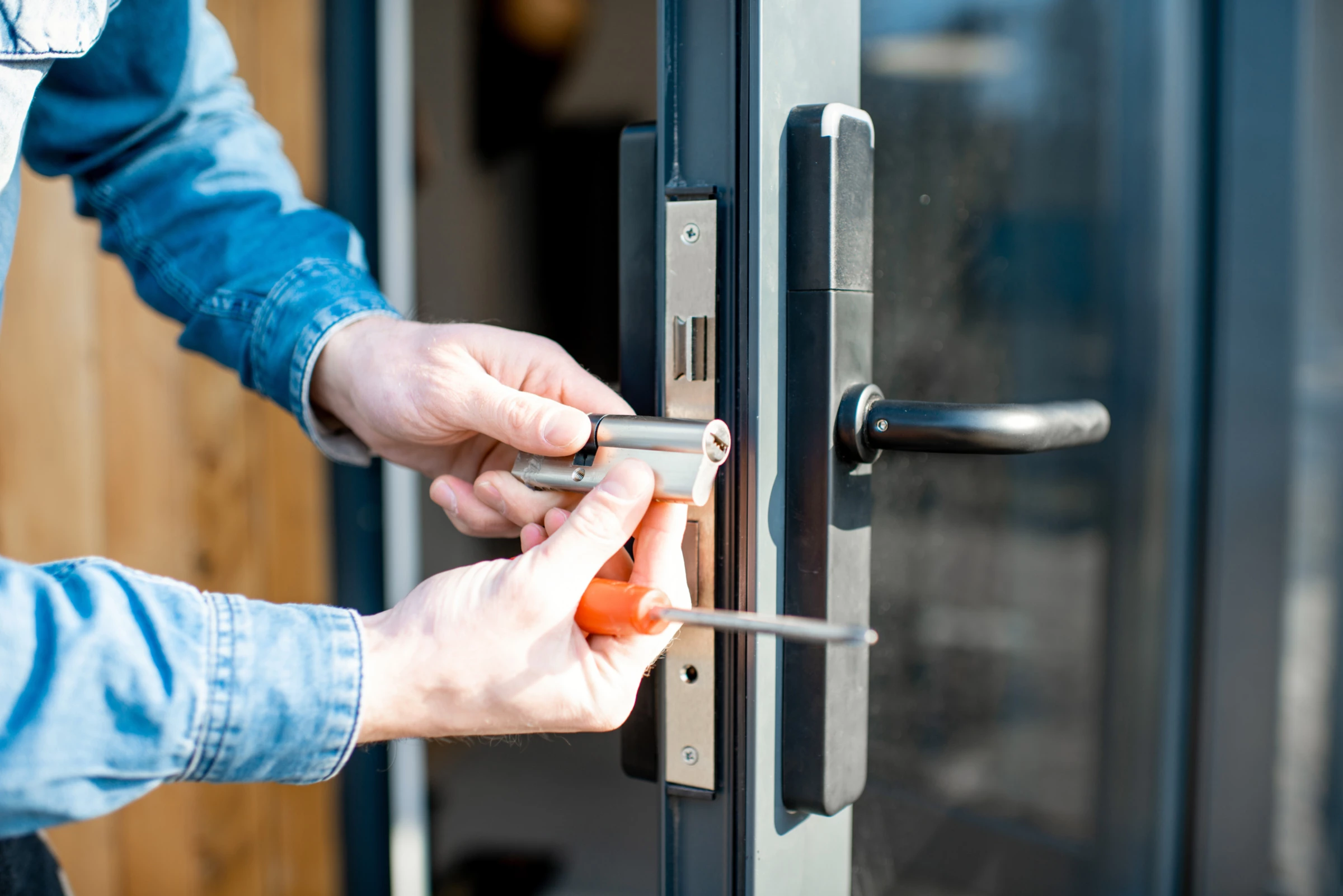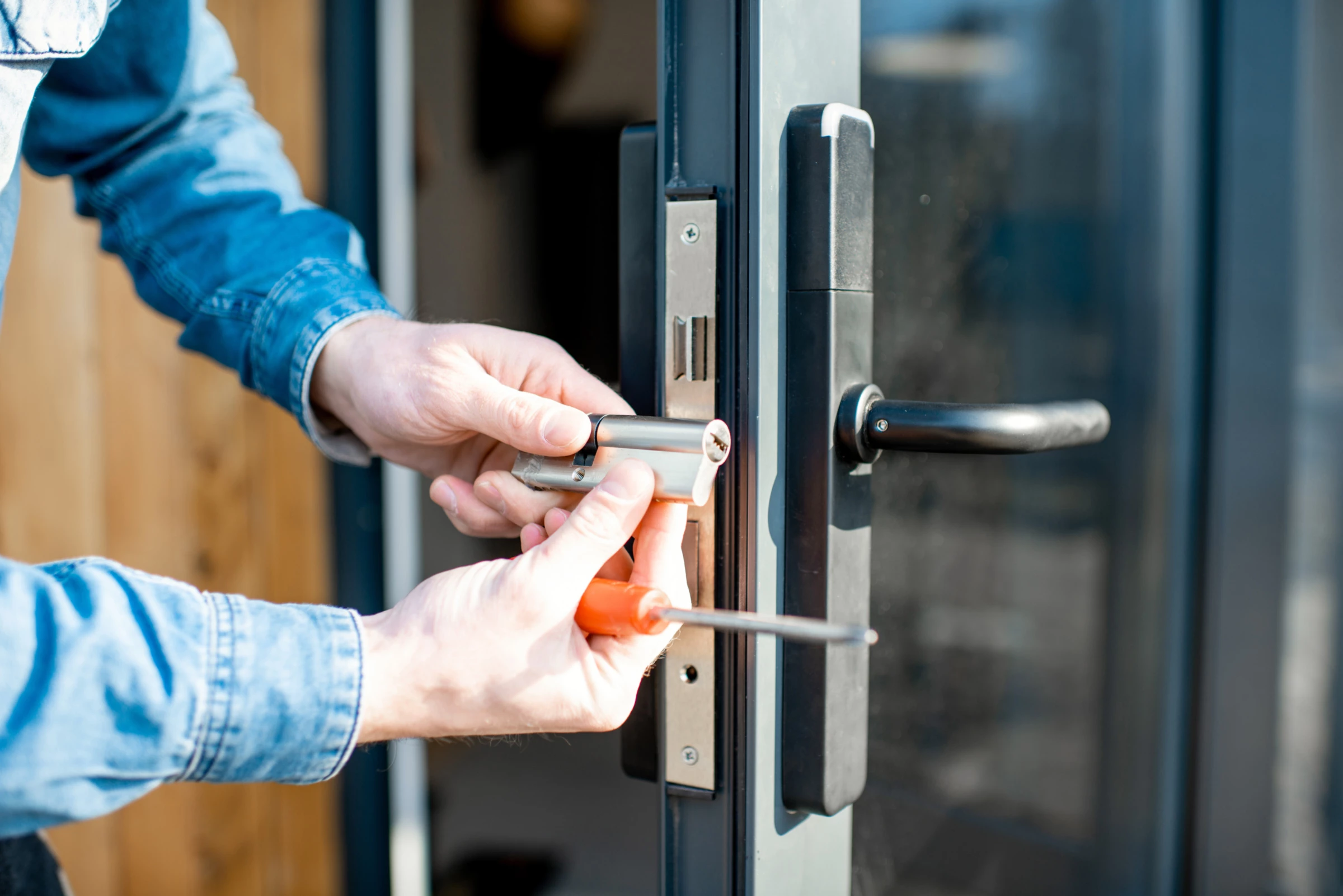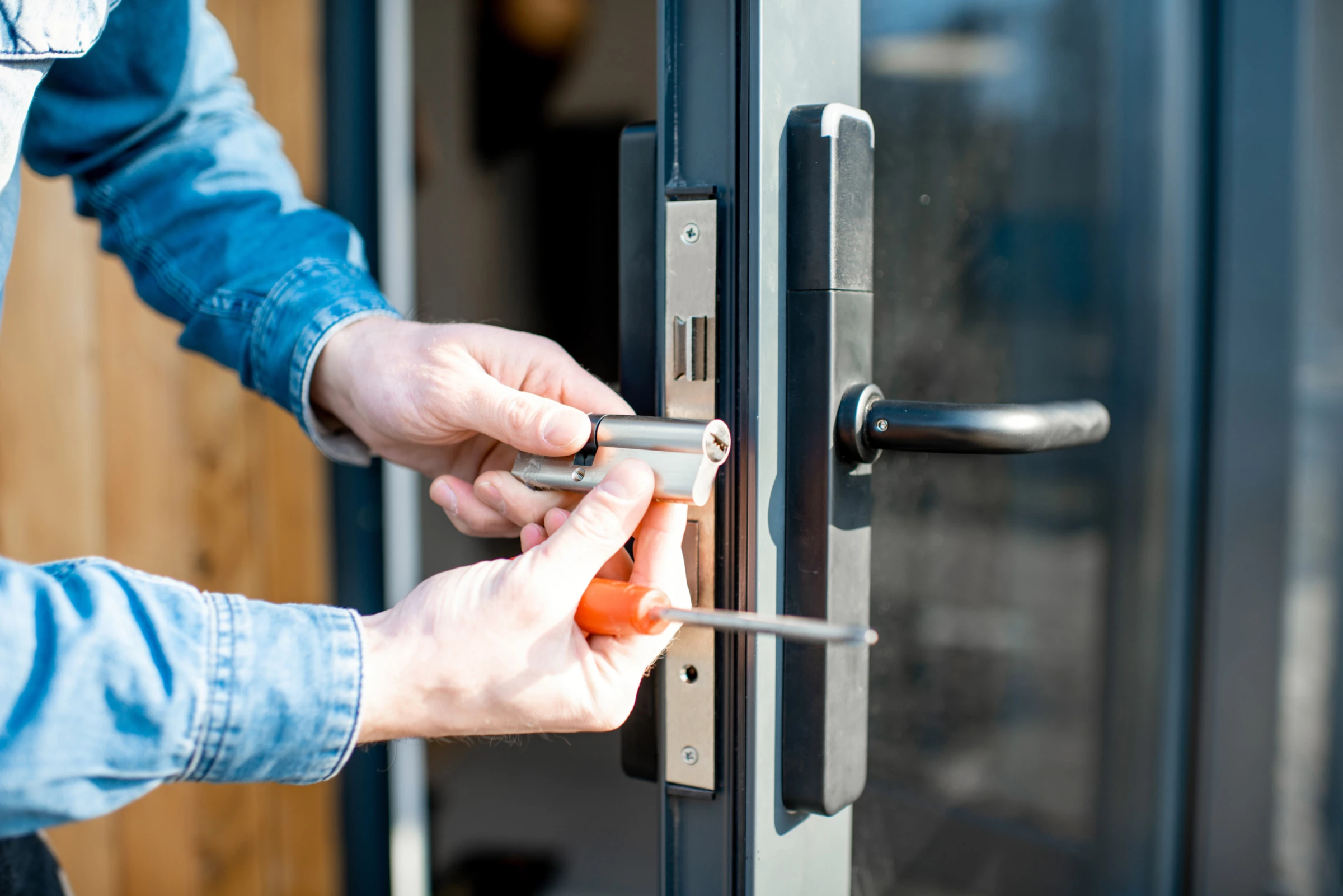When locksmith professionals take on institutional contracts - from government buildings and hospitals to schools and corre…
Residential Locksmith Insurance: Essential Coverage for Home Security Professionals
Introduction
Residential locksmith services form the backbone of home security across the UK, with professionals providing everything from emergency lockouts to complete security system installations. Whether you're operating as a sole trader or running a larger residential locksmith business, having comprehensive insurance coverage isn't just advisable – it's essential for protecting your livelihood and reputation in this specialized trade.
The residential locksmith industry faces unique risks that standard business insurance policies often fail to address adequately. From potential property damage during lock installations to professional liability claims arising from security advice, residential locksmiths need tailored insurance solutions that understand the specific challenges of working in people's homes.
Understanding Residential Locksmith Insurance
Residential locksmith insurance is a specialized form of commercial insurance designed specifically for professionals who provide locksmith services to homeowners, landlords, and residential property managers. This coverage goes beyond basic business insurance to address the unique exposures that come with working in residential properties, handling security systems, and providing emergency services.
Unlike commercial locksmith insurance, residential locksmith coverage focuses on the specific risks associated with domestic properties, including working in occupied homes, dealing with distressed customers during lockouts, and the higher likelihood of accidental damage to personal property and furnishings.
Key Coverage Areas
Public Liability Insurance
This fundamental coverage protects residential locksmiths against claims for accidental injury to customers or damage to their property. Given that residential work often involves working in confined spaces, around furniture, and with potentially nervous homeowners present, public liability coverage is crucial. Typical scenarios include accidentally damaging door frames during lock installation, scratching expensive flooring while working, or a customer being injured by tools or equipment.
Professional Indemnity Insurance
Professional indemnity coverage protects against claims arising from professional advice or services that allegedly cause financial loss to customers. For residential locksmiths, this might include situations where security advice proves inadequate, lock recommendations fail to prevent break-ins, or errors in key cutting lead to security breaches. This coverage is particularly important given the security-critical nature of locksmith services.
Tools and Equipment Coverage
Residential locksmiths typically carry expensive specialized tools, key cutting equipment, and stock of locks and security devices. Tools and equipment coverage protects against theft, damage, or loss of these essential business assets, whether they're stolen from your van, damaged during a job, or lost at a customer's property.
Business Interruption Insurance
If your residential locksmith business is forced to cease operations due to covered events like equipment theft, vehicle damage, or premises issues, business interruption insurance helps replace lost income during the recovery period. This coverage is vital for maintaining cash flow while rebuilding your business capabilities.
Employers Liability Insurance
If you employ staff, even part-time assistants or apprentices, employers liability insurance is legally required. This coverage protects against claims from employees who suffer injuries or illnesses allegedly caused by their work, including back injuries from heavy lifting or cuts from sharp tools.
Commercial Vehicle Insurance
Most residential locksmiths rely heavily on their vehicles for mobile services. Commercial vehicle insurance provides coverage for your van or car used for business purposes, including coverage for tools and stock carried in the vehicle. This often extends to breakdown coverage, which is crucial for emergency locksmith services.
Goods in Transit Coverage
This specialized coverage protects locks, keys, and other materials while being transported to customer locations. Given that residential locksmiths often carry valuable security products, this coverage protects against theft or damage during transport.
Common Risks in Residential Locksmith Work
Property Damage Risks
Working in people's homes presents numerous opportunities for accidental damage. Common scenarios include drilling through hidden pipes or cables, damaging expensive door hardware, scratching painted surfaces, or causing damage to surrounding areas during lock installation or repair work.
Security Liability
Residential locksmiths bear significant responsibility for the security advice they provide and the installations they complete. If a recommended security solution fails to prevent a break-in, or if poor workmanship compromises home security, customers may seek compensation for losses including stolen property and security upgrades.
Emergency Service Risks
Many residential locksmiths provide 24/7 emergency services, which can involve working in challenging conditions, dealing with stressed customers, and making quick decisions under pressure. These situations increase the likelihood of accidents, misunderstandings, or service issues that could lead to claims.
Key Control and Duplication Risks
Handling customers' keys and security codes creates potential liability if these fall into the wrong hands. Professional indemnity coverage helps protect against claims arising from alleged breaches of key security or unauthorized access resulting from locksmith services.
Customer Interaction Challenges
Working in residential settings often involves dealing with vulnerable customers, family disputes over access, or situations where property ownership is unclear. These complex interpersonal situations can lead to complaints or legal issues requiring professional support.
Choosing the Right Insurance Provider
Industry Specialization
Look for insurance providers who understand the residential locksmith industry and can offer policies tailored to your specific risks. Generic business insurance rarely provides adequate coverage for the unique exposures faced by locksmith professionals.
Coverage Flexibility
Your insurance needs may vary based on the types of services you offer, whether you provide emergency services, and the value of tools and stock you carry. Choose providers who can customize coverage to match your specific business model.
Claims Support
Residential locksmith work can lead to complex claims involving property damage, security issues, or customer disputes. Ensure your insurance provider offers strong claims support with experience in locksmith-related matters.
Professional Recognition
Consider providers who are recognized by locksmith trade associations or who offer preferential rates to certified professionals. This often indicates a deeper understanding of the industry and its specific insurance needs.
Cost Factors and Considerations
Business Size and Turnover
Insurance premiums typically scale with business size and annual turnover. Sole traders generally pay less than larger operations, but coverage limits should be appropriate to potential exposure levels.
Service Types Offered
Emergency services, security consultations, and high-value installations may increase premiums due to higher risk levels. However, these services often justify higher coverage limits due to increased potential liability.
Geographic Coverage Area
Operating in high-crime areas or covering large geographic territories may affect premium costs. Urban areas often have higher theft risks but also more potential customers.
Claims History
Previous insurance claims can significantly impact future premiums. Maintaining good risk management practices and avoiding claims helps keep insurance costs manageable.
Risk Management Best Practices
Professional Standards
Maintaining high professional standards through ongoing training, certification, and adherence to industry best practices helps reduce the likelihood of claims and may qualify you for preferred insurance rates.
Customer Communication
Clear communication about services, costs, and potential risks helps prevent misunderstandings that could lead to disputes. Always provide written estimates and explain any limitations of recommended security solutions.
Proper Documentation
Maintain detailed records of all work performed, including photographs of completed installations and any pre-existing damage. This documentation proves invaluable if claims arise.
Quality Tools and Equipment
Using high-quality, well-maintained tools reduces the risk of accidents and ensures professional results. Regular equipment maintenance also helps prevent failures that could compromise customer security.
Legal and Regulatory Considerations
Licensing Requirements
While the UK doesn't require specific licensing for locksmiths, maintaining professional certifications and memberships demonstrates competency and may be required by some insurance providers.
Data Protection
Residential locksmiths often handle sensitive information including security codes, key patterns, and customer personal details. Ensure your insurance includes cyber liability coverage and maintain proper data protection practices.
Health and Safety Compliance
Compliance with health and safety regulations is essential, particularly when working in customers' homes. Proper safety practices reduce accident risks and help maintain insurance coverage validity.
Making a Claim
Immediate Steps
If an incident occurs that might lead to a claim, notify your insurance provider immediately, even if you're unsure whether coverage applies. Take photographs, gather witness information, and document all relevant details.
Professional Support
Many residential locksmith insurance policies include access to legal helplines and professional advice services. Don't hesitate to use these resources when facing customer disputes or potential claims.
Claim Documentation
Provide comprehensive documentation to support your claim, including work records, photographs, customer communications, and any relevant certifications or training records.
Conclusion
Residential locksmith insurance represents a crucial investment in your business's long-term viability and success. The specialized nature of residential locksmith work, combined with the trust customers place in security professionals, creates unique liability exposures that require tailored insurance solutions.
By understanding the key coverage areas, common risks, and best practices for risk management, residential locksmiths can make informed decisions about their insurance needs and operate with confidence in their ability to handle whatever challenges arise.
The cost of comprehensive residential locksmith insurance is minimal compared to the potential financial impact of uninsured claims. Whether you're just starting in the residential locksmith trade or looking to review your existing coverage, investing in proper insurance protection ensures you can focus on providing excellent service to your customers while protecting your business and personal assets.
Remember that insurance needs evolve as your business grows and changes. Regular reviews of your coverage with knowledgeable insurance professionals help ensure your protection remains adequate and cost-effective as your residential locksmith business develops.


 0330 127 2333
0330 127 2333
